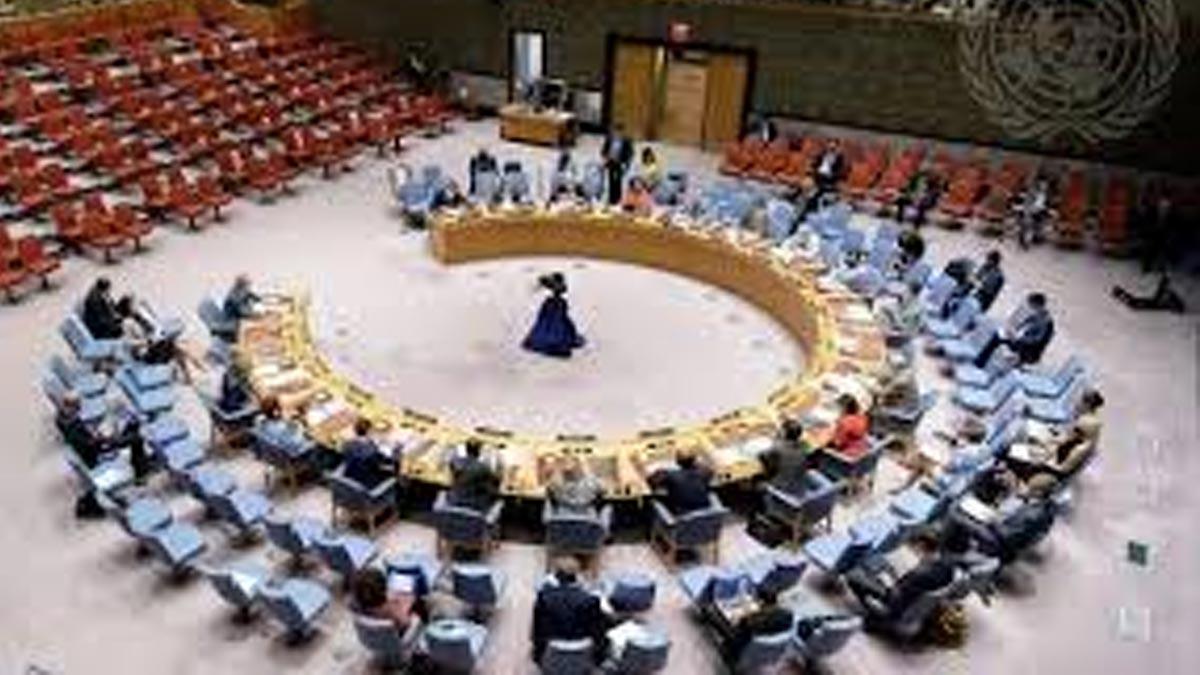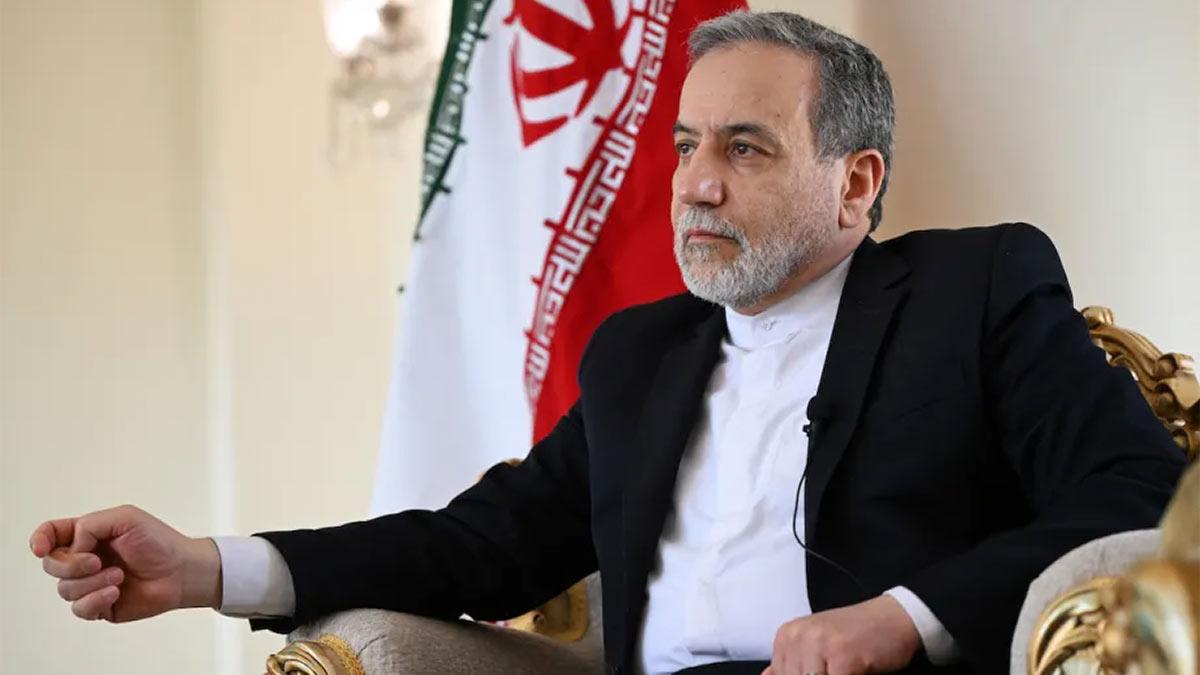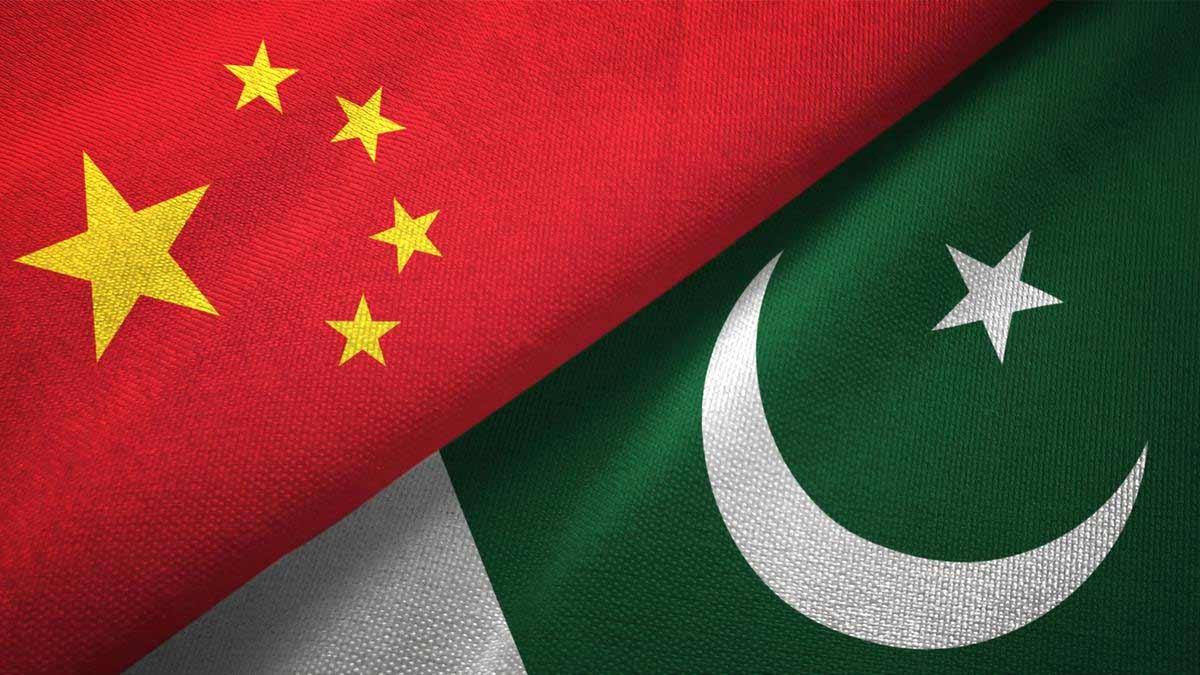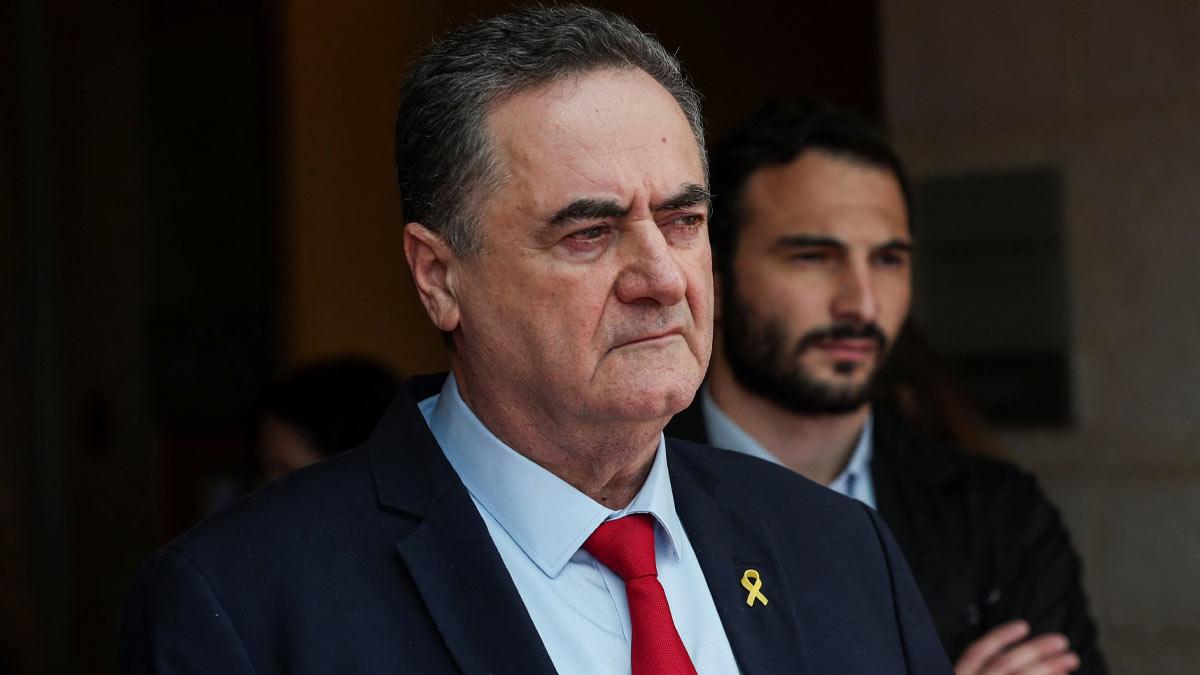When Pakistan took over the rotating presidency of the United Nations Security Council (UNSC) on Tuesday through the Council's normal alphabetical rotation, India lost no time in putting Islamabad's supposed role of fostering terrorism into the global limelight, especially after the terror attack on Pahalgam.
India's stern reaction, initiated under Operation Sindoor, is in the midst of growing international concern regarding mounting regional and global instability.
A day prior to Pakistan taking over formally, India made a strong statement by holding an exhibition called "The Human Cost of Terrorism" at the primary entrance to the UN headquarters—where diplomats from around the globe enter the building.
The positioning of the screen makes sure that representatives from overseas are faced with harsh reminders of Pakistan-related terrorism—not just Indian attacks but also worldwide tragedies like 9/11 in America. Significantly, Osama bin Laden, the architect of the 9/11 attacks, was found to be hiding in Pakistan—a fact that still sends a long shadow over Islamabad's international reputation.
Speaking on the exhibition, External Affairs Minister S. Jaishankar said, "The display was to hold accountable those responsible for the devastation terrorism unleashed upon the world and call for an international stand against terrorists."
In the Security Council, Pakistan usually votes in a bloc with its strategic ally China and, increasingly, with Russia. Yet as president of the Council, Pakistan will have limited freedom of action because of set procedural rules and diplomatic conventions. Although Islamabad is able to convene meetings and submit topics for open debates—so-called high-level signature events—it still has to respect Council norms in terms of member participation and setting agendas.
The monthly programme of work or agenda is adopted by agreement at the first Council meeting of each month. Interruptions can happen, as happened in 2023 when the agenda was blocked by Russia under US and Albanian presidencies, with the Council having to function on an ad hoc basis.
Chairing the majority of sessions during this month will be Pakistan's Permanent Representative to the UN, Asim Iftikhar Ahmad. Nevertheless, notable speakers like Deputy Prime Minister and Foreign Minister Mohammad Ishaq Dar, or equivalent-ranking officials, can chair flagship signature events.
Though from time to time it makes token moves in an attempt to appear benevolent—like its apparent bid to nominate former US President Donald Trump for the Nobel Peace Prize—Pakistan always stands with China and Russia on major geopolitical issues, like Iran and the latest Israel-Hamas conflict.
At the Council's emergency meeting on Iran in March, Pakistan demanded condemnation of US and Israeli actions. Along with China and Russia, it jointly sponsored a resolution condemning US and Israeli bombings, although the proposal lost momentum in the face of alternative ceasefire initiatives and would have been vetoed by America.
On the Palestine-Gaza conflict, Pakistan has spoken out with unequivocal expression of support for the Palestinian people. It is prone to using its UN podium to compare the Palestinian and Kashmir experiences—although not with much support from abroad for such drawing of parallels.
Pakistan became a member of the Security Council as a non-permanent member within the Asia-Pacific group earlier in 2025, having been elected in 2024. Its term formally started in January 2025.
Read also| Pakistan, China and Bangladesh Plot New Regional Bloc to Supplant SAARC, Report Says
Read also| Tehran Calls on UN to Act Against US, Israel Over Conflict, Seeks Compensation


















